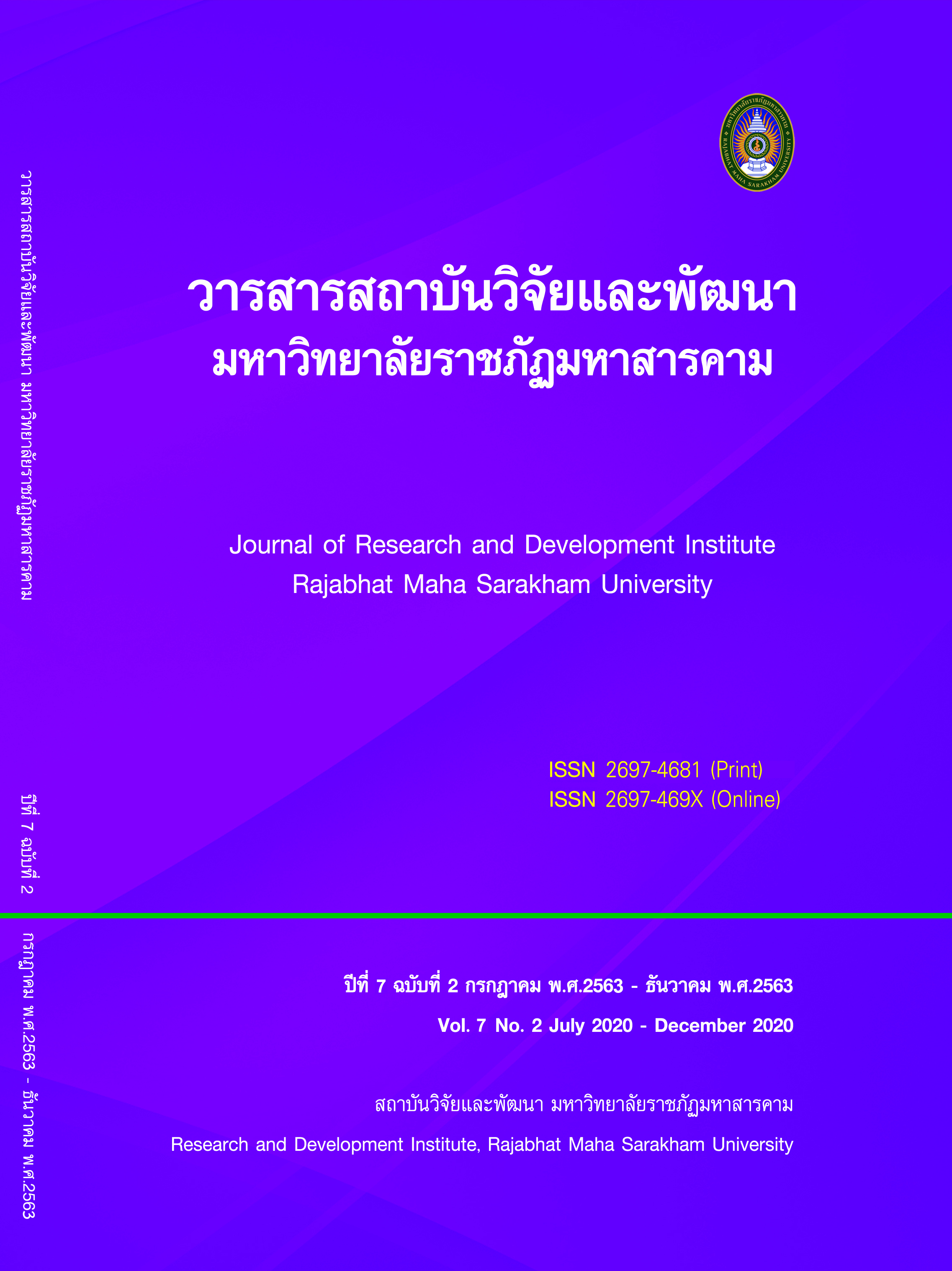The Influence of Entrepreneurial Bricolage on Growth Performance of New Ventures in Dynamic Environment Based on Ambidextrous Learning
Keywords:
growth performance of new ventures; entrepreneurial bricolage; ambidextrous learning balance; a dynamic environmentAbstract
Entrepreneurial bricolage provides a new theoretical perspective for resource-poor firms to improve organizational performance. However, the mechanism of how entrepreneurial bricolage to influence the growth performance of new ventures is unclear. Based on the perspective of ambidextrous learning, this paper attempts to build an integrated model of entrepreneurial bricolage, ambidextrous learning balance, dynamic environment and the growth performance of new ventures. Using 193 Chinese companies as a research sample to test our hypothesis, we found that entrepreneurial bricolage has a significantly positive impact on the growth performance of new ventures, and ambidextrous learning balance partially mediates this relationship, and high dynamic environment augments this effect.
References
References
An W, Zhao X, Cao Z, et al. (2018). How bricolage drives corporate entrepreneurship: the roles of opportunity identification and learning orientation[J]. Journal of Product Innovation Management, 35 (1): 49-65.
Aubry M, Lièvre P. (2010). “Ambidexterity as competence of project leaders: A case study from two polar expeditions[J]”. Project Management Journal, 41 (3): 32-44.
Azadegan A, Patel P C, Zangoueinezhad A, et al. (2013). “The effect of environmental complexity and environmental dynamism on lean practices[J]”. Journal of Operations Management, 31 (4): 193-212.
Baron R A, Ensley M D. (2006). “Opportunity recognition as the detection of meaningful patterns: Evidence from comparisons of novice and experienced entrepreneurs[J]”. Management Science, 52 (9) : 1331-1344.
Boxenbaum E, Rouleau L. (2011). “New knowledge products as bricolage: Metaphors and scripts in organizational theory[J]”. Academy of Management Review, 36 (2): 272-296.
Cao Q, Gedajlovic E, Zhang H. (2009). “Unpacking organizational ambidexterity: Dimensions, contingencies, and synergistic effects[J]”. Organization Science, 20 (4): 781-796.
Chandler G N, Hanks S H. (1993). “Measuring the performance of emerging businesses: A validation study[J]”. Journal of Business Venturing, 8 (5) : 391-408.
Duymedjian R, Rüling C C. (2010). “Towards a foundation of bricolage in organization and management theory[J]”. Organization Studies, 31 (2): 133-151.
Garud R, Karnøe P. (2003). “Bricolage versus breakthrough: distributed and embedded agency in technology entrepreneurship[J]”. Research Policy, 32 (2): 277-300.
Jansen J J P, Van Den Bosch F A J, Volberda H W. (2006). “Exploratory innovation, exploitative innovation, and performance: Effects of organizational antecedents and environmental moderators[J]”. Management Science, 52 (11): 1661-1674.
Mair J, Marti I. (2009). “Entrepreneurship in and around institutional voids: A case study from Bangladesh[J]”. Journal of Business Venturing, 24 (5): 419-435.
March J G. (1991). “Exploration and exploitation in organizational learning[J]”. Organization Science, 2 (1) : 71-87.
Salimath M S, Jones III R. (2011).” Population ecology theory: implications for sustainability[J]”. Management Decision, 49 (6): 874-910.
Senyard J, Baker T, Davidsson P. (2009). “Entrepreneurial bricolage: Towards systematic empirical testing[J]”. Frontiers of Entrepreneurship Research, 29 (5): 5-21.
Senyard J, Baker T, Steffens P, et al. (2014). “Bricolage as a path to innovativeness for resource‐constrained new firms[J]”. Journal of Product Innovation Management, 31 (2): 211-230.
Vanevenhoven J, Winkel D, Malewicki D, et al. (2011). “Varieties of bricolage and the process of entrepreneurship[J]”. New England Journal of Entrepreneurship, 14 (2): 53-66.
Wang H, Li J. (2008). “Untangling the effects of over exploration and overexploitation on organizational performance: The moderating role of environmental dynamism[J]”. Journal of Management, 34 (5): 925-951.
Zhou K Z, Wu F. (2010). “Technological capability, strategic flexibility, and product innovation[J]”. Strategic Management Journal, 31 (5): 547-561.
Zimmermann A, Raisch S, (2017). “Cardinal L B. Managing persistent tensions on the frontline: A configurational perspective on ambidexterity[J]”. Journal of Management Studies, 31 (4): 613-725.
Downloads
Published
How to Cite
Issue
Section
License
Articles that are published are copyrighted by the authors of the articles







